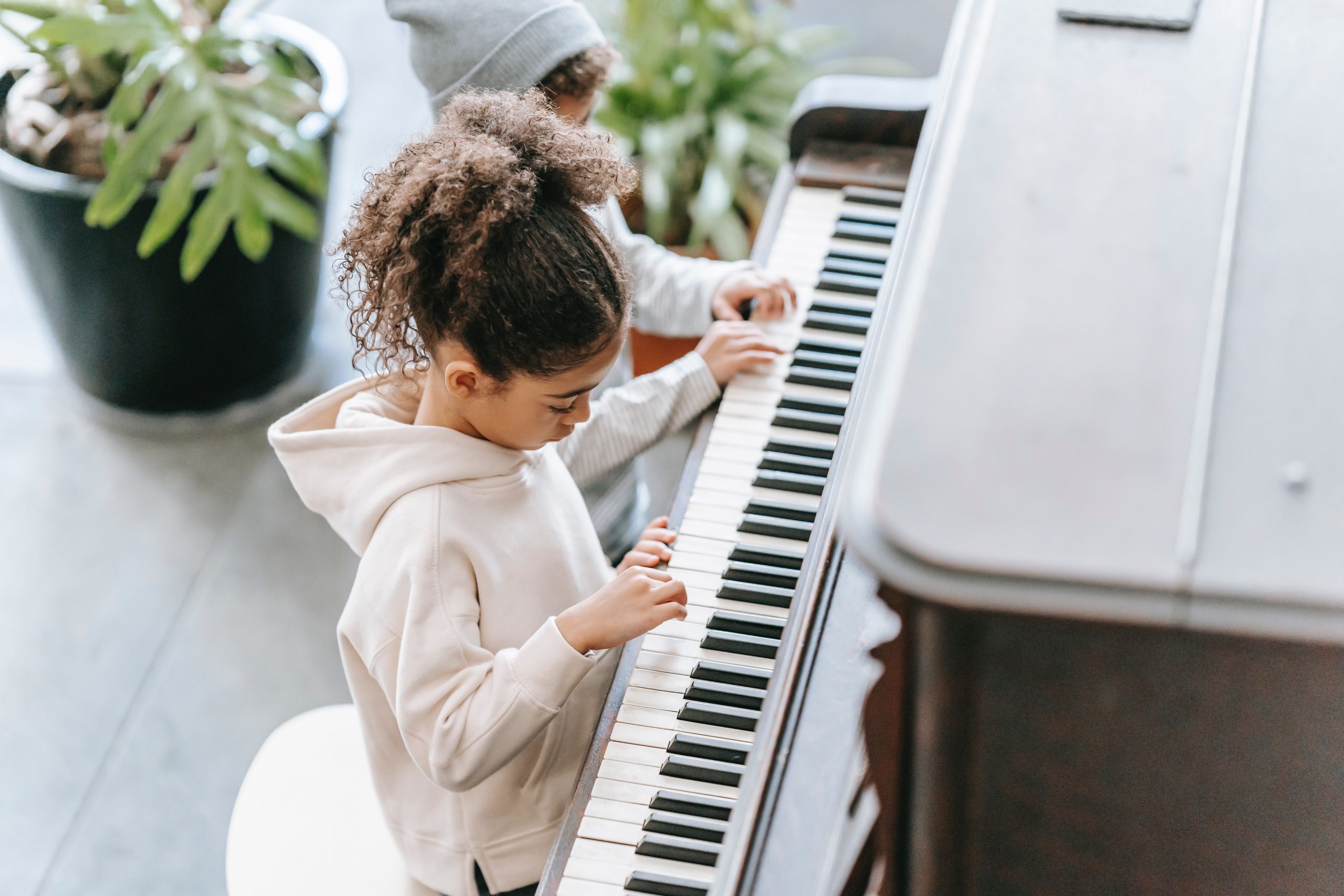The Parents Guide for Kids Starting to Learn Piano
Learning the piano is brilliant for your child’s development. It gives them a creative way to express themselves and it can improve memory, concentration, maths skills and reading and comprehension skills.
If you think your child would enjoy playing the piano, this great guide for parents will help you get their journey started.
Deciding If And When Your Child Is Ready To Learn Piano
Although learning piano is beneficial for your child, that doesn’t mean you should force it on them. They won’t get anywhere with their lessons if they are not engaged with it, so you should see if they show any interest in learning a musical instrument first.
Many people assume that starting as early as possible is best, but that isn’t always the case. The piano is designed for adults and children who need their hands to grow and strengthen before they are able to play. As a general rule, between 6 and 8 years old is a good time to start learning. But children as young as 3 or 4 can play around on the piano with a parent and get familiar with it. This will help them later on when they start formal lessons.
Encouraging Your Child To Start Learning
If you think that your child is ready to start learning the piano, there are some simple steps you can take to engage them. Firstly, you will need a piano in the house if you don’t already have one. It’s best to start by playing some songs to them to get them interested, then you can start playing together.
A child’s attention span, on average, is their age plus 1. Keep this in mind when trying to play with your child and always make lessons very short. If you start with 5 minutes at a time, you can then gradually increase the length of your sessions as time goes on.
Finding ways to introduce games and storytelling to sessions on the piano will also help your child grasp the basic concepts. Using papa bear, mama bear, and baby bear for the low, middle, and high notes, for example, is a good way to introduce the idea of pitch. Get them to explore the piano on their own so they can familiarise themselves with it and start building a connection with the instrument.
Starting Formal Lessons
Getting your child interested in the piano and teaching them some of the basic concepts is a good start. However, if they are going to learn properly, you need to find a reliable, experienced piano teacher. At the first lesson, the teacher will assess your child’s playing ability and give them a general overview of the piano. They will also let you know if there are any books and other resources that your child will need. From here, the teacher will put together a tailored plan of lessons for your child. It’s important that you encourage your child to practice regularly once they start their lessons because this is the only way they will improve.
Conclusion
Learning an instrument is incredibly beneficial for your child, but it is also a difficult skill to master. As a parent, you can follow these steps to encourage your child but the most important thing is to teach them the importance of perseverance.

